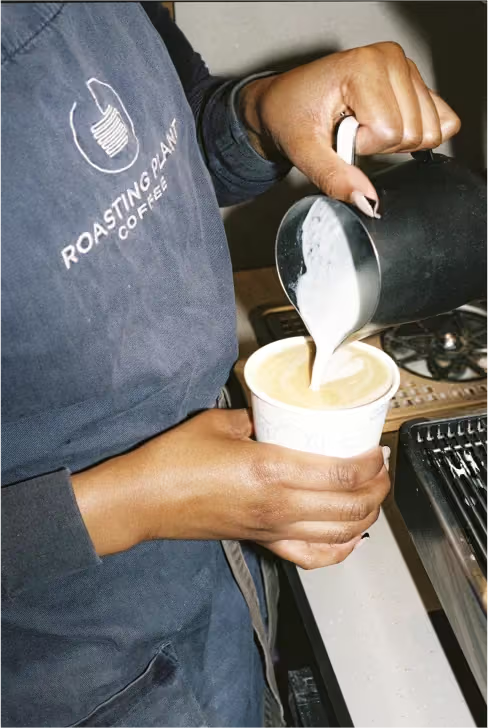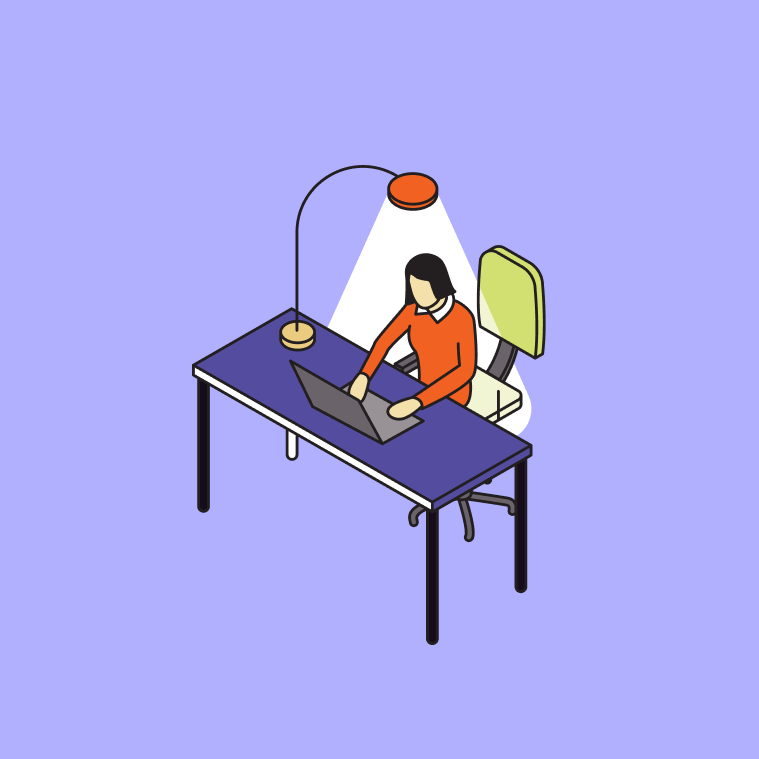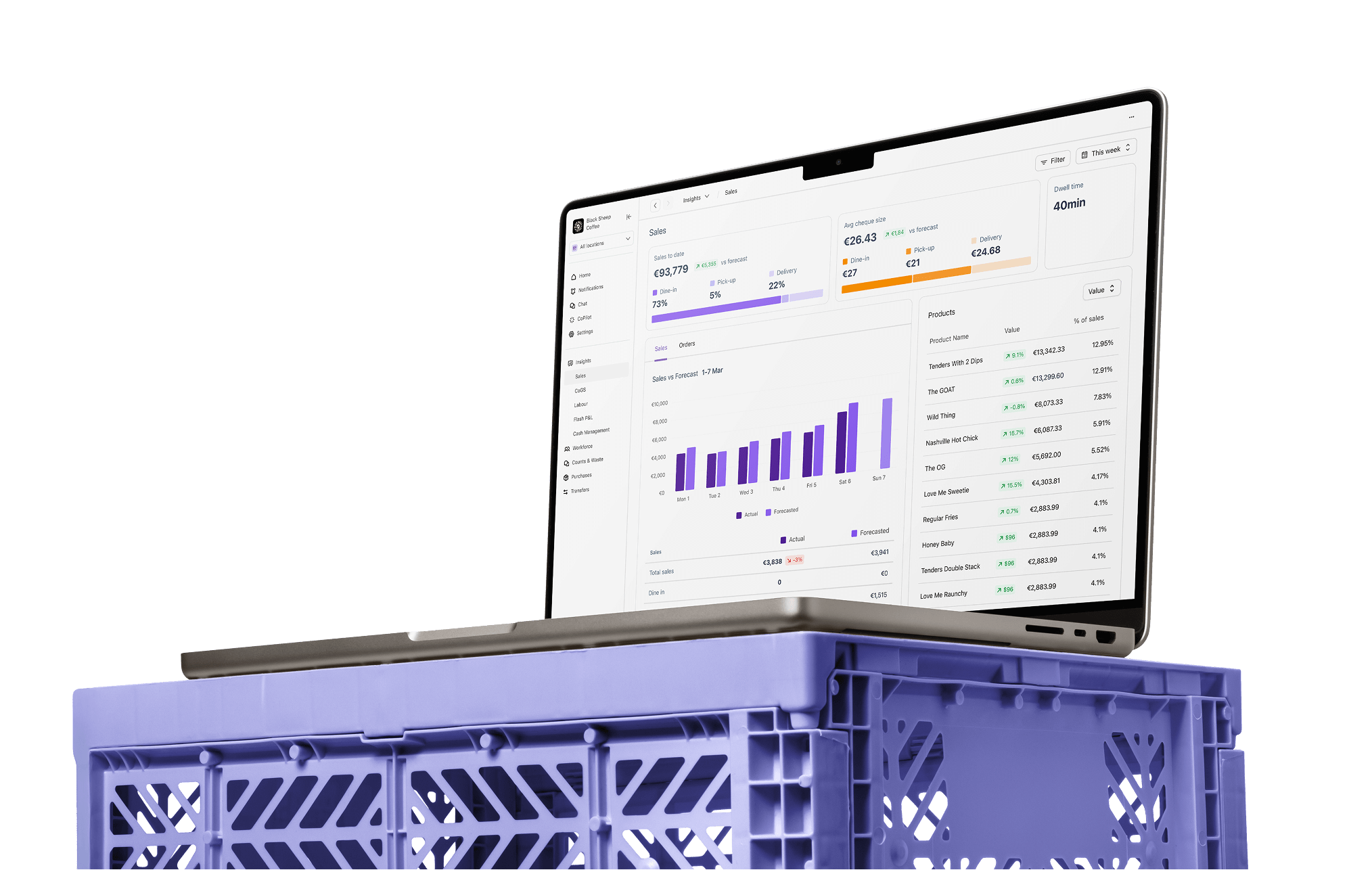Navigating the crater of scale – how AI can help restaurateurs overcome scaling
Thought leadership piece written by Conor Sheridan, CEO and Founder of Nory, for Propel
The restaurant industry has fundamentally changed since the pandemic, and running a successful restaurant has never been more challenging. The pressures facing the industry show up in the data. The number of restaurant closures increased by 45% in 2023 compared with the previous year. There are a variety of reasons for this, but most can be attributed to inflation.
The industry’s operating model has been ravaged. Food costs are up, labour costs are up, energy costs are up, off-premise costs are up, taxes are up – the picture being painted here is one of intense pressure. Lean profit margins are not a new gripe for operators, but they are the leanest they’ve ever been. For example, the average profit margins for restaurants have reduced from 20%-25% pre-pandemic to 10%-15% today. This means you could be only a few bad days away from your monthly P&L moving into the negative.
So, what does this mean for operators? It means that if you’re going to stay in the game and make a run at it, you have to scale. You effectively need two restaurants for every one you operated in 2019 to get the same cash flow outcome. Read that again. Double the locations, double the revenue, double the headcount and double the complexity!
For some operators, scale has always been the name of the game. International quick service restaurants and large-scale franchise groups have built their entire business models on systemising their operations for scale, but it’s time for this mindset to go mainstream.
Scale is easy to say and write but hard to execute successfully. Taking a restaurant from a single popular location and expanding it into multiple successful locations is no easy task. The transition usually comes with numerous challenges that can derail even the most well-managed operations. This is the point where many businesses “crater”.
The most common challenges faced by restaurants attempting to scale are in maintaining a consistent guest experience and ensuring operational and financial consistency across all locations. Inconsistency has become one of the significant reasons why restaurants “crater” when trying to scale. While an owner operator might have the skills and knowledge to run a highly successful single location business, operationalising that know-how across multiple locations is a completely different ball game.
Typically, what happens is as each new location opens, the quality and consistency of operations dilutes. The owner and the operations team spend their time flitting between locations firefighting or supporting inexperienced front-line teams with day-to-day operational decisions. This shows up to customers in the form of less than expected service or product quality.
This scenario quickly becomes a negative flywheel. Front-line teams and restaurants aren’t staffed, stocked or trained appropriately. This leads to inconsistent guest experiences, poor staff morale and unpredictable profit margins. Inevitably, if you are stuck here, this means a business won’t survive in the medium term.
If you are in this situation, it is critical that you pause, reflect and take drastic action to get out of it. One of the best ways to do this is by leveraging new technologies like artificial intelligence (AI) to get control over your numbers (guest, team and financial data) and help increase your reach and ability to guide your front-line teams.
Leveraging AI is where modern technology can really help restaurateurs navigate the minefield that is scale and be that “digital helping hand”. AI-powered tooling can help you democratise knowledge on how to run a successful restaurant to ten, 100 or even 1,000 front-line teams. Here are some of the ways that you can train AI models to support your business:
Predicting demand
Enhancing productivity and profitability is naturally integral, but one of the most valuable elements is its ability to provide predictive analytics. By regularly analysing large amounts of data, AI can accurately predict customer demand, giving restaurants the insights they require to optimise inventory and manage staff levels efficiently. This ensures restaurants can be adequately prepared for peak periods and even reduce waste during times that are slower.
This is something that we have observed first-hand with Irish-based Mexican restaurant, Masa. Since adopting Nory, Masa has been able to forecast sales within a 3% margin, instilling enhanced confidence in the restaurant’s financial planning and allowing for more proactive strategies and budget optimisation. Following the implementation phase, Masa has been able to control its labour to within 1% of what it had planned, equipping Masa with the control that it needed to maintain optimal staffing levels while minimising unnecessary expenses.
Managing variable costs
Cost of goods sold and labour costs are the bread and butter for all operators. If you can’t consistently nail these, then everything else is secondary. AI is perfectly set up to help learn what a business needs and support front-line teams making decisions in these areas. Using the aforementioned demand predictions, AI models can also analyse staffing patterns to suggest optimal staffing levels based on future demand and labour budgets.
We’ve seen a huge impact from getting better control over labour costs using intelligent scheduling. Josie’s, a UK-based group of independent coffee shops, was struggling to manage operations efficiently as a result of using multiple systems for workforce and inventory management. After implementing Nory’s integrated workforce solution, the business was able to reduce labour costs by 23% in just four months, observing a 20% increase in productivity, measured by sales per labour hour.
Similarly, Roasting Plant Coffee has revolutionised its workforce management with Nory, cutting labour costs by 18% within two months. These results highlight the role AI can play in transforming operational efficiency and helping businesses achieve significant cost savings. AI can also support the kitchen management side of the house. Breaking down future revenue projections into prep lists, production plans and order guides will drastically reduce waste and safeguard your gross margins.
The need to scale and the challenges that come with it aren’t going anywhere, but it’s how well you can ensure consistency in your operations that will determine how successful you are. No matter the size of your hospitality business – from independent coffee shops to large multi-country restaurant chains – AI will enable you to better systemise your operations, transform front-line teams into P&L owners and build a platform for successful scale.


.webp)
.webp)


